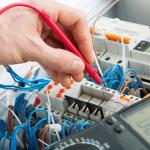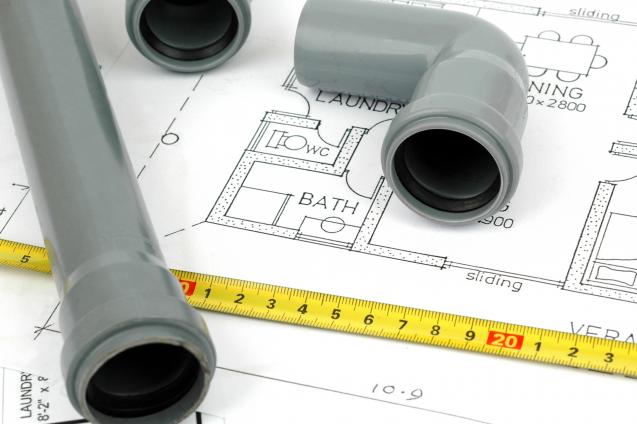
What is a Power Surge?
For those who aren't aware, a power surge is when there is a huge spike in electricity that trips the circuit breaker or disconnects your electricals.
This article will explain the risks associated with power surges, the most common causes of power surges, the signs that a power surge may be imminent, as well as some tips that will help you avoid having a power surge in your home.
The Risks of Power Surges
Power surges can damage or even destroy your home appliances; what's worse is that a power surge can lead to an electrical fire in severe situations, which can cause much more damage.
A few things can cause a power surge, and it's important to be aware of them so that you can take the necessary steps to safeguard your home from a power surge.
Causes of Power Surges
To understand what causes a power surge, you first need to understand how electricity works. Put simply, an electrical circuit is rated for a certain voltage, and exceeding that voltage will cause a power surge. Different countries have different voltages, but the standard main voltage is 240 Volts (50Hz) in Australia.
One of the most common causes of a power surge happens when somebody plugs in a foreign appliance, such as an electronic device from Japan, or The United States, which is rated for 110 Volts (60Hz), putting too much electricity into a grid that cannot handle it.
Other times power surges can be caused by faulty wiring, damaged circuit breakers, animals getting into a transformer, or even just a tree falling over and hitting a transformer.
You can't control what animals do or when trees are going to fall, but you can take some steps to prevent a power surge. First, though, let's look at some of the warning signs that you are at risk for a power surge.
Signs of Power Surges
There are a few red flags that indicate that you are at risk for a power surge. If you notice that a certain power bar or circuit breaker keeps tripping, then remove some appliances from that circuit to prevent a power surge.
Another sign is when your electricals suddenly shut off all at once, or your devices otherwise lose power unexpectedly. If you have reason to suspect that the issue may be a power surge, then it's important to take the right steps to protect your home.
Protection and Prevention
To protect your home and appliances from damage caused by a power surge, it's a good idea to ensure that any power-intensive electricals are on their own circuit if possible. This includes things like air-conditioners, electric ranges, and space heaters.
Another good idea is to unplug appliances when they're not in use; this prevents the problem from occurring before it even has a chance. If ever the power goes out in your home, it's even more important to unplug everything because the power coming on all at once can also cause a power surge.
Conclusion
For the most part, you are perfectly safe to plug, unplug, and enjoy your electrical devices as you wish, but that being said, it's wise to take some simple precautions to protect your devices and your home from a power surge.



